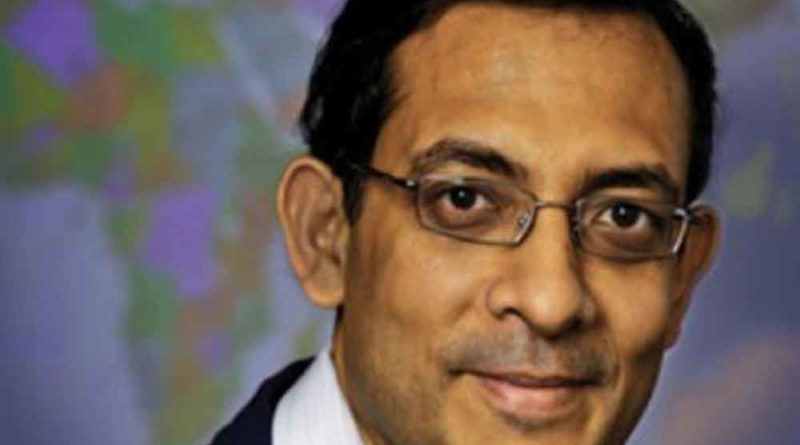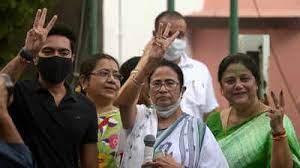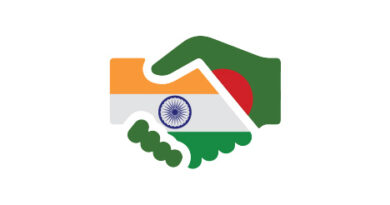ABIHIJIT Banerjee, Indian-American, Along With His Spouse & another Economist Shares 2019 Nobel
Kolkata Born Abhijit Binayak Banerjee has shared the 2019 Nobel Memorial Prize in Economic Sciences with Esther Duflo , his Fench- American wife, and Michael Kremer, “for their experimental approach to alleviating global poverty. Banerjee, 58, was educated at University of Calcutta, JNU and Harvard University, where he received his Ph.D in 1988. “The research conducted by this year’s Laureates has considerably improved our ability to fight global poverty. In just two decades, their new experiment-based approach has transformed development economics, which is now a flourishing field of research,” said the Nobel committee in a statement. He received his Ph.D in 1988. He is currently the Ford Foundation International Professor of Economics at the Massachusetts Institute of Technology, according to his profile on the MIT website.In 2003, Banerjee founded the Abdul Latif Jameel Poverty Action Lab (J-PAL), along with Duflo and Sendhil Mullainathan, and he remains one of the lab’s directors. He also served on the UN Secretary-General’s High-level Panel of Eminent Persons on the Post-2015 Development Agenda. His is a family of academics. Abhijit’s, like his father’s, forte was mathematics. I remember in 1979 he gave me a problem in geometry to solve: Prove this — if the bisectors of two angles in a triangle are equal, the triangle is isosceles. He said it took him a few days to crack it.It is by chance that we went to the same school, South Point High School, and the same college, Presidency College in Kolkata. Exactly at the time I joined college in September 1983, he was moving to Harvard University for his Ph D and had become a legend as a student, though that at that point it did not overwhelm me much because the number of legendary students in our college was overwhelmingly large, says Uddalok Bhattacharya recalling Abhijeet in The Business Standard. Incidentally, Duflo is the second woman and the youngest ever to win the economics prize. Banerjee and French-American Duflo both work at the prestigious Massachusetts Institute of Technology while Kremer is at Harvard University. Duflo is the second woman and the youngest ever to win the economics prize.The prize includes 9 million-kronor (USD 918,000) cash, a gold medal and a diploma. The winners will equally share the prize money. As a direct result of one of their studies, more than five million Indian children have benefitted from effective programmes of remedial tutoring in schools. Another example is the heavy subsidies for preventive healthcare that have been introduced in many countries, it added.”Showing that it is possible for a woman to succeed and be recognised for success I hope is going to inspire many, many other women to continue working and many other men to give them the respect they deserve,” Duflo said at a press conference soon after the announcement.




